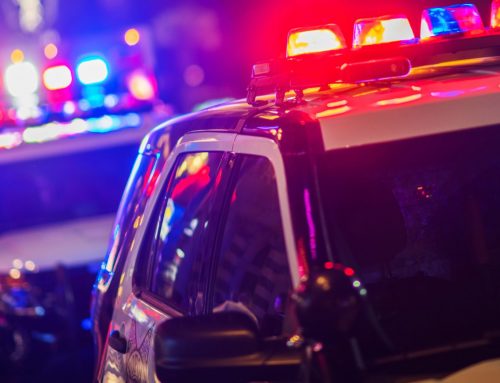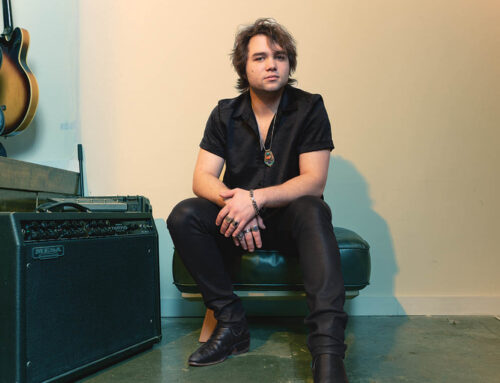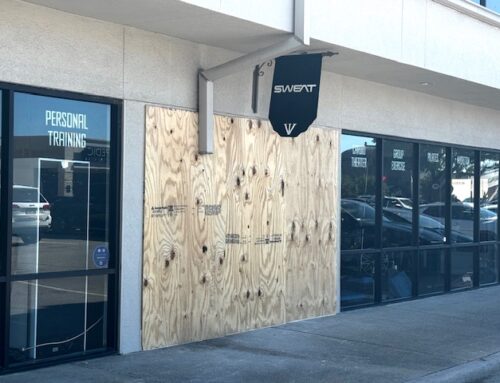The Texas Alcoholic Beverage Commission has been under fire of late for its initiative in which undercover TABC officers target bar patrons for public intoxication. The program met so much resistance that the crackdown has been suspended pending an internal investigation. But that doesn’t mean anything goes at your local watering hole. While the more strict enforcement of the public intoxication law is under review, TABD and DPD officers routinely patrol drinking establishments for drunken and disorderly conduct.
Q. The TABC caught a lot of flack for targeting people at bars to prevent them from driving home. Was the DPD part of the initiative?
No, this is a TABC initiative.
Q. What is the DPD’s policy regarding public intoxication? Is it something your officers are told to specifically look for or something that officers just come across when investigating a disturbance or complaint?
Officers routinely look for signs of intoxication during public contact such as traffic stops, answering calls and conducting investigations.
Q. What is the definition of public intoxication? How do you identify someone you suspect to be intoxicated?
Section 49.02 of the Texas Penal Code defines “Public Intoxication” as an offense when a person appears in a public place while intoxicated to the degree that the person may endanger himself or another. Intoxicated is defined as not having the normal use of mental or physical faculties by reason of the introduction of alcohol, a controlled substance, a drug, a dangerous drug, a combination of two or more of those substances, or any other substance into the body.
Characteristics of someone who is intoxicated might include slurred speech, confused or slow response to simple questions, bloodshot eyes and difficulty in maintaining balance.
Q. Is it the same blood alcohol percentage used to identify drunk drivers? Is a breathalyzer or blood test taken/required?
Blood alcohol concentration is used to determine the level of intoxication when the person is operating a motor vehicle. Refusing to submit to the test could result in a driver’s license suspension. In cases where the person suspected of being intoxicated is not driving a motor vehicle, police officers make the determination on whether the person is intoxicated based on training, experience, observation and circumstances.
Q. What should bar patrons keep in mind as they drink alcohol at Dallas establishments?
You are not a good judge of whether you have had too much to drink. Intoxication is a safety concern. An intoxicated person can potentially become a danger to themselves and others. Intoxication impairs mental and physical capacities, inhibiting the thinking process and significantly reducing the reaction time. In addition to the embarrassment, there are potential legal, financial, career and family consequences involved should someone become involved in an incident when intoxicated. Having a designated driver should be part of your evening’s plan.





